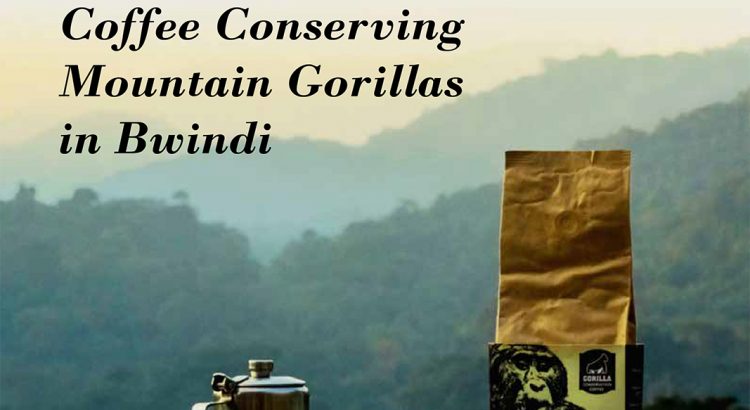Bwindi Impenetrable National Park, best known for its Mountain Gorillas, with just under half of the World’s estimated 1063 remaining endangered Mountain Gorillas, is also home to Gorilla Conservation Coffee, Uganda’s only premium and specialty coffee expressly created to protect the magnificent Mountain Gorillas.
Category: GCC
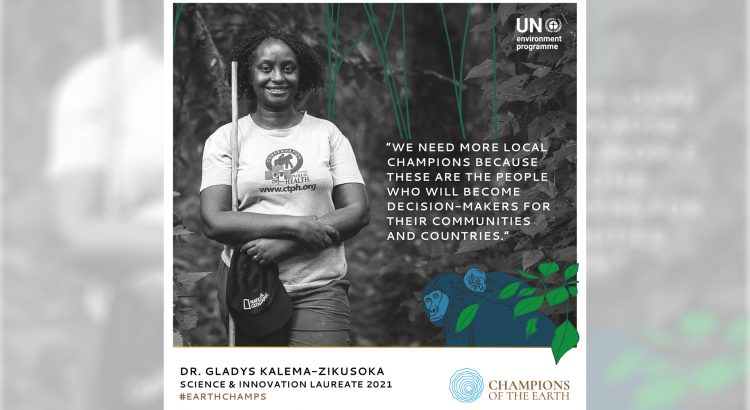
Dr. Gladys Kalema-Zikusoka – Science and Innovation Laureate 2021
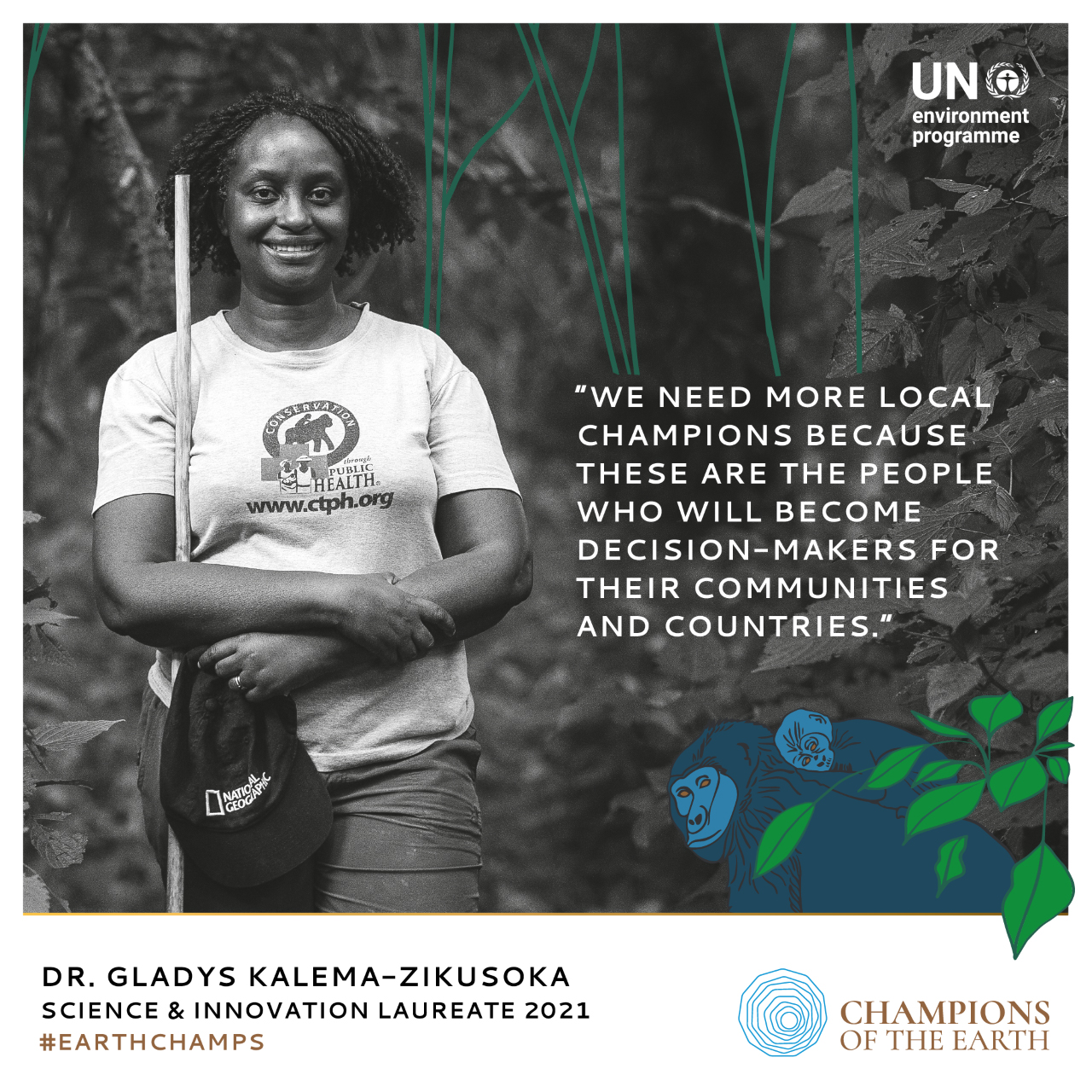
SOURCE : UNEP
It might have been the neighbor’s monkey which came downstairs to join her for piano lessons, or the wildlife club that she started in primary school in Kampala, Uganda. But from a very early age, Dr. Gladys Kalema-Zikusoka, this year’s Champion of the Earth for Science and Innovation, knew she wanted to work with animals.
“Basically, pets were my first friends,” said Kalema-Zikusoka, a wildlife veterinarian by training who would go on to spend three decades helping to safeguard some of the world’s rarest primates, including endangered mountain gorillas. Much of her work has been in impoverished East African communities that border protected areas, where she has helped improve healthcare and create economic opportunities, turning many locals into partners in conservation.
“Gladys Kalema-Zikusoka is a pioneer in community-led wildlife conservation,” said Inger Andersen, the Executive Director of the United Nations Environment Programme. “In many places, economic pressures can cause friction between humans and animals. But her work has shown how conflict can be overcome when local communities take the lead in protecting the nature and wildlife around them, creating benefits for all species.”
Supported by her family, Kalema-Zikusoka embarked on a global educational adventure, earning degrees in Uganda, the United Kingdom and the United States. In her early 20s, she returned to Uganda for an internship in, what would eventually become the locus of her future work, Bwindi Impenetrable National Park located in the country’s remote and impoverished southwest.
It was the beginning of gorilla tourism in Bwindi and Kalema-Zikusoka, then a young vet student, found that conservation wasn’t a simple process. “There were people focused on tourism and on community conservation,” she recalled. “There were wardens and rangers and the Peace Corps and lodges and by the end of my time there, I understood how complex tourism and conservation were.”
Kalema-Zikusoka would become the first-ever wildlife veterinarian for the Uganda Wildlife Authority. There, she began to apply what was a new approach to working for wildlife – one that centred on improving lives and livelihoods in the remote villages that surrounded Bwindi.
“(That allows) humans to enjoy a better quality of life and be more positive about conservation. When you show people that you care about them and about their health and well-being, you help them better co-exist with wildlife.”
That would become the guiding principle behind the organization that Kalema-Zikusoka founded nearly 20 years ago: Conservation Through Public Health. It has expanded its model of village health to protected areas near Virunga National Park in Democratic Republic of Congo, as well as to two non-protected areas of Mount Elgon National Park in Uganda. In addition to promoting hygiene and good sanitation practices, the teams also support family planning.
Appreciating the interplay between humans and wildlife, and the spread of zoonotic diseases between the two populations, was critical for Kalema-Zikusoka as she took on a greater role in providing guidance to the Ugandan government’s COVID-19 pandemic response.
Global lockdowns hobbled the tourism industry in Uganda’s southwest, forcing some to return to one particularly problematic vocation: poaching. That threatened painstaking advances made in restoring Bwindi’s mountain gorilla population, whose numbers have steadily increased to more than 400.
This represents nearly half of the population of the endangered species still living in the wild.
Conservation Through Public Health provided fast-growing crops to families, allowing them to at least grow enough food to feed themselves. They also left the community with an important message. “We told them, you have to continue to protect wildlife because it’s helped you this much. This is your future.”
Conflict between people and animals is one of the main threats to the long-term survival of some of the world’s most iconic species, according to a recent report from World Wide Fund for Nature and the UN Environment Programme (UNEP). In many countries like Uganda, the conflict, coupled with health risks of COVID-19 has further imperiled endangered species.
Kalema-Zikusoka worked with national park staff to encourage visitors and rangers to wear masks, not just to prevent transmission amongst themselves of COVID-19, but also to protect the gorillas, who can be infected by human-borne pathogens. That work would evolve into protocols designed to limit the spread of zoonotic diseases – contagions that jump between humans and animals – and training for local health workers designed to combat COVID-19. Now 21 countries in Africa – including the 13 states that are home to dwindling populations of great apes – have signed on to the guidelines.
“We are really adapting the model of preventing zoonotic disease to COVID-19 prevention,” said Kalema-Zikusoka. Conservation Through Public Health also looks at ways to diversify income streams for local communities sharing space with wildlife. The organization’s latest project is Gorilla Conservation Coffee, a social enterprise. Staff teach farmers near Bwindi how to grow top-notch coffee beans while conserving water and using organic fertilizers. “We are now working towards impact investment,” said Kalema-Zikusoka. “It’s all about the importance of sustainable financing for conservation.”
Recognized globally for her work, Kalema-Zikusoka, says that she hopes she will inspire young Africans to choose careers in conservation. “There is a lack of local representation among conservationists. Not many are from the places where endangered animals are found,” she said. “We need more local champions, because these are the people who will become decision-makers for their communities and countries.”
The United Nations Environment Programme’s Champions of the Earth and the Young Champions of the Earth recognize individuals, groups and organizations whose actions have a transformative impact on the environment. Presented annually, the Champions of the Earth award is the UN’s highest environmental honour.
The United Nations General Assembly has declared the years 2021 through 2030 the UN Decade on Ecosystem Restoration. Led by the United Nations Environment Programme (UNEP) and the Food and Agriculture Organization (FAO) of the United Nations together with the support of partners, it is designed to prevent, halt, and reverse the loss and degradation of ecosystems worldwide. It aims at reviving billions of hectares, covering terrestrial as well as aquatic ecosystems. A global call to action, the UN Decade draws together political support, scientific research, and financial muscle to massively scale up restoration. Visit www.decadeonrestoration.org to learn more.
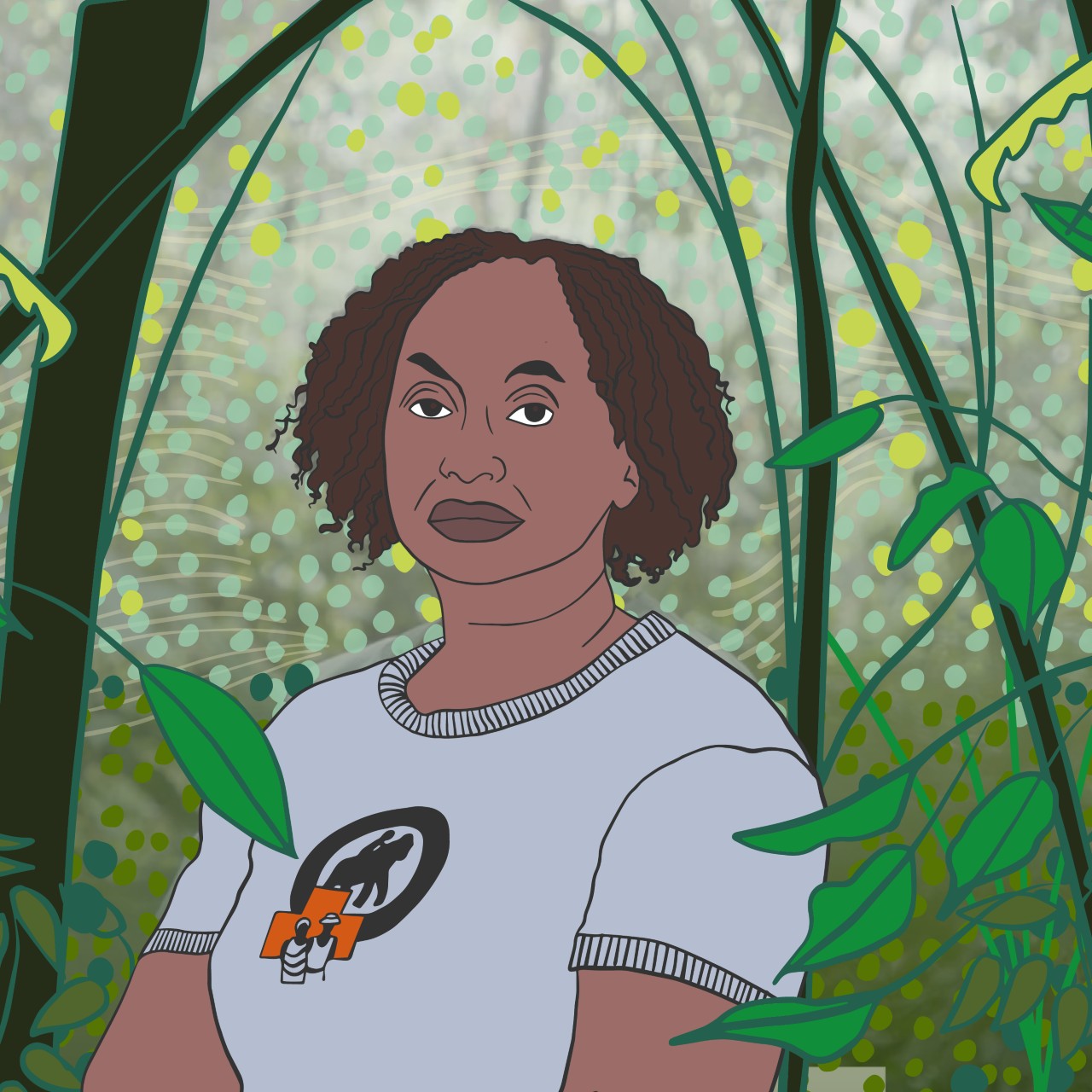
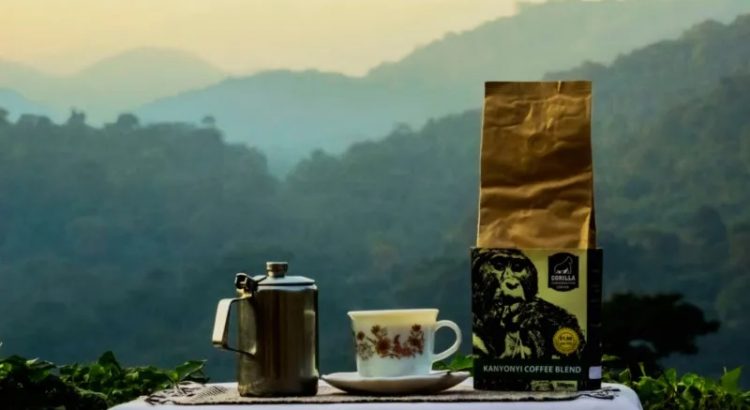
Gorilla Conservation Coffee: Saving Gorillas One Sip At a Time.
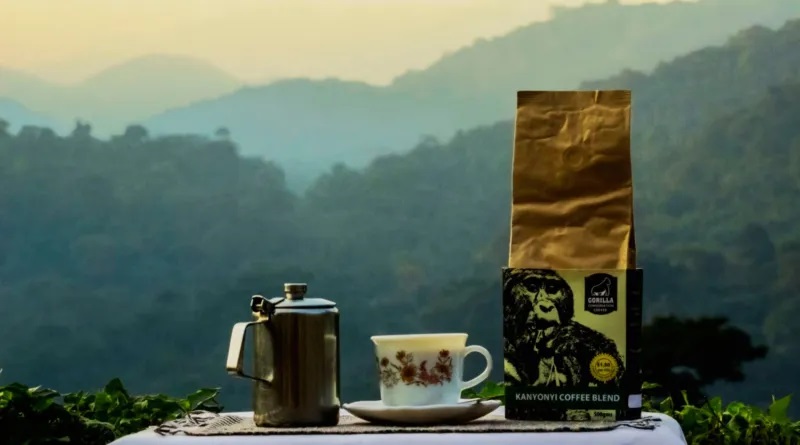
We love our coffee at CRDLE. But we love companies that address environmental, economic, and social issues even more. Enter Gorilla Conservation Coffee.
Luckily for us, we work with many brands that do both. And while working with sustainable brands, we have noticed that the term is thrown around too loosely these days.
Any organization that claims they are green or is linked with any environmental issue tends to get the “sustainable brand” label. But a true sustainable brand should address social and economic issues in their environmental sustainability programs, realizing how interlocked they all are.
According to Nielsen’s Global Corporate Sustainability Report, 66% of consumers would spend more on a product if it came from a sustainable brand.
About Gorilla Conservation Coffee
Gorilla Conservation Coffee is a brand that understands that addressing such issues is not some fad but a fundamental requirement to appeal to customers.
We want to put the spotlight on this incredible brand, show what makes them unique, and why you should give their excellent coffee a sip sometime.

Gorilla Conservation Coffee is a social enterprise of Conservation Through Public Health, founded by Dr. Gladys. She is the first Wildlife Veterinary Officer of the Uganda Wildlife Authority, winner of the Sierra Club’s 2018 EarthCare Award, and recently became a National Geographic Explorer.
She is married to Lawrence Zikusoka, a technology entrepreneur and one of the co-founders of Conservation Through Public Health. The couple started their own NGO to help support gorillas in the Bwindi region of Uganda but to make it more sustainable they came up with the idea for a coffee brand.
The Coffee
The coffee is 100% premium Arabica that is selectively harvested for only red ripe cherries, hand-picked, wet-processed, and dried under shade. Each bean is tested for quality parameters at every level. The coffee is then roasted medium and packed to the highest quality standards. Each cup has a unique aroma with hints of caramel, butter notes, and almond, with a citrus taste and a sweet finish.
Apart from selling quality coffee throughout the world, 3 things make Gorilla Conservation Coffee a unique coffee brand:

1) Started by Ugandans based in Bwindi
Bwindi is known for two main things: its gorillas and its coffee. Uganda is home to half of the remaining estimated 1,063 mountain gorillas alive today. Coffee farming has been a major employment vehicle for people living around the park’s periphery, but residents have had to poach wildlife to survive, and gorillas have been caught in the crossfire.
Due to their proximity both inside and outside the national park, preventable infectious diseases are being spread between humans, gorillas, and livestock. This along with habitat encroachment, poaching, and economic instability, is threatening the existence of the mountain gorilla.
2) They only source directly from Bwindi farmers
Whereas other companies source from other countries, Gorilla Conservation Coffee only sources from the local farmers in the Bwindi area.
Supporting local farmers helps to protect the endangered gorillas and their fragile habitat. Gorilla Conservation Coffee makes a special effort to support women, coffee farmers, helping to provide opportunities for women’s economic empowerment, disrupt male financial dominance and break ingrained stereotypes in the communities.
3) They pay almost 50 cents more per kilo to the coffee farmers
Gorilla Conservation Coffee pays a premium of $0.50 per kilo above the market price to coffee farmers living around the gorillas around Bwindi Impenetrable National Park. Gorilla Conservation Coffee further supports the farmers through training in sustainable coffee farming and processing. This helps to improve the coffee quality and increase production yield.
Gorilla Conservation Coffee: Saving Gorillas One Sip at a Time

They are currently selling all over the world, both green and roasted coffee. Their packaging is designed to quickly connect to consumers who love gorillas and want to be a part of the conservation solution.
By selling brand coffee, they hope to continue to raise awareness that gorillas still face conservation issues, habit loss, poaching, and disease outbreaks.
Gorilla Conservation Coffee has been at the forefront of integrating social development with wildlife conservation.
By working with coffee farmers living around Bwindi Impenetrable National Park, Gorilla Conservation Coffee is directly reducing pressure on the habitat of the mountain gorillas.
The lives of the people and gorillas of Bwindi are intrinsically linked. By boosting the incomes of the farmers and working to protect the home of the gorillas, both can have a more prosperous future.
So if you are someone who supports businesses that are conserving natural habitats, empowering farmers, and making a better world, then visit Gorilla Conservation Coffee’s profile here.
This is a guest article by Valerie Bowden, Co-Founder and CEO of CRDLE
About Valerie:
After backpacking Cape Town to Cairo solo, Valerie relocated from the United States to Ethiopia. She has helped some of the most recognizable brands in the world do business and investment in Africa.
About CRDLE:
CRDLE is a technology company with innovators who believe Africa can do better than its 2% market share of the world’s trade. We know that if trade increased by just 1%, the continent would earn an additional USD 70 billion annually – three times more than the aid it receives. It would also lift 100 million+ people out of poverty.
That’s why we geek out about all the incredible brands growing in Africa. Because they’re making a sustainable impact in their community, and we know that the world wants and needs what they have to offer.

About CoffeeCode
CoffeeCode is the UK’s fastest growing and most exciting coffee blog, and has a focus on great coffee, inspirational design and sustainability.
We always do our best to attribute photos, videos and quotes and information to their original sources. Please contact us if an attribution or content is missing or incorrect.
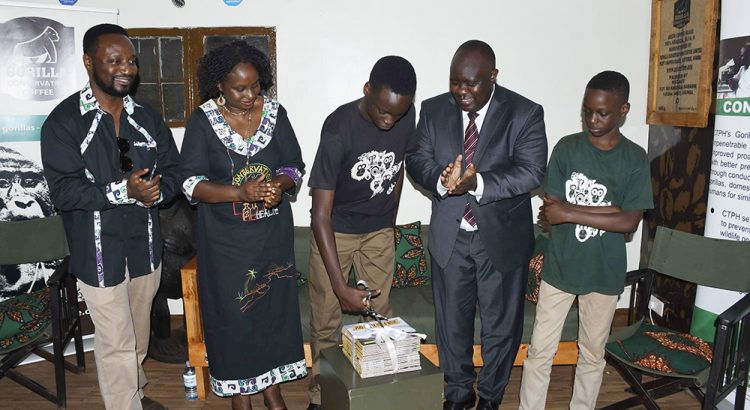
UWEC to establish children zoo with domestic animals
SOURCE: NEW VISION
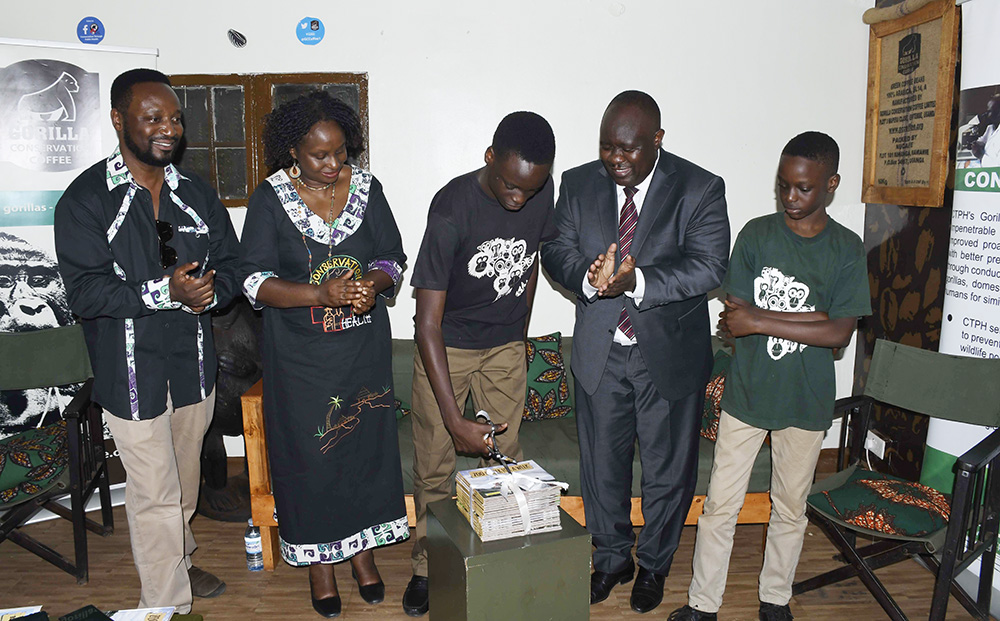
The Uganda Wildlife Conservation Education Centre (UWEC) commonly known as Entebbe zoo has embarked on plans of establishing a children’s zoo from where young learners will be able to interact and take care of animals in close proximity.
This was revealed by Dr. James Musinguzi, the UWEC executive director, while launching a book titled ‘Zoo Keeper for a Week’ written by 16-year old Ndhego J. W Zikusoka, narrating his experience while taking care of wild animals at UWEC.
According to Dr. Musinguzi, the zoo exists to educate the public about the value of conserving biodiversity with special emphasis on the young generation.
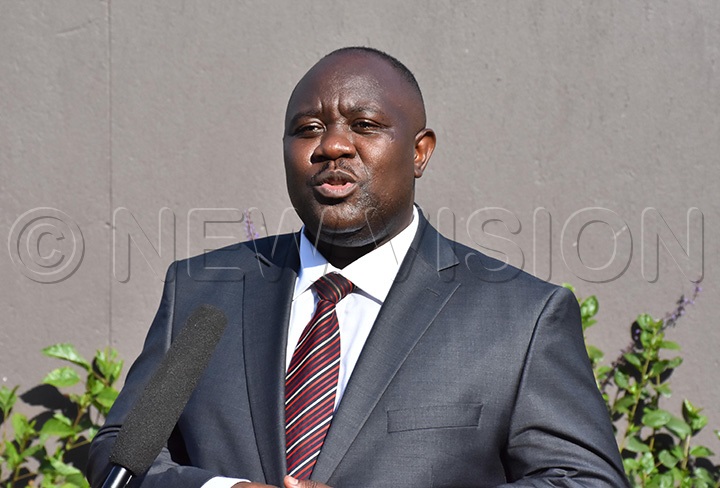
He intimated that the animal centre partnered with the United Nations Development Programme (UNDP) to put up a children’s conservation education centre which is expected to be complete by February 2022.
‘The construction is ongoing, which will see children learn from the known to the unknown. They will be able to take care of the animals like cleaning, milking them among others. So, we want them to come to the zoo and first get introduced to the children’s zoo area from where they can pet animals and learn about the adaptation of different animals and later introduce them to the bigger wild animals,’ explained Musinguzi.
The UWEC executive director also noted that the programme is going to create a connection between the children and animals so as to get inspired to develop a positive conservation attitude towards the ecosystem.
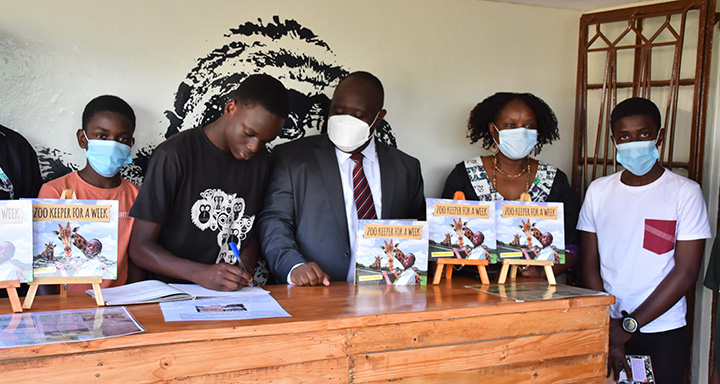
‘We shall then have inculcated the spirit of nature conservation among the young ones,’ added Dr. Musinguzi.
The project which is expected to cost US$70,000 (over sh240m), will be complete in six months.
Among the domestic animals to be introduced in the children’s zoo include goats, cows, chicken,s and some reptiles, among others. ‘We want them to learn the inter-connectivity between animals both domestic and wild, plus the plants and the whole ecosystem,’ expressed Dr. Musinguzi.
Animal book
Dr. Musinguzi made the remarks while occasioning the launch of the book ‘Zoo Keeper for Week’ written by 16year-old Ndhego James which details his experience at UWEC while he was taking care of wild animals at the centre in 2018.
Dr. Musinguzi called upon all parents to give their children a sense of direction so that they don’t jump on what he termed as whichever bandwagon.
Ndhego, the author of the book said, his experience at the zoo started as a funtime which he later transcribed into a newspaper article in Newvision’s Toto magazine, leaving many readers yearning to know more.
‘The lockdown which started last year, gave me ample time to pen down a detailed account of my experience while taking care of wild animals at Entebbe zoo,’ noted Ndhego. In his book, the 16-year-old boy points out different animals and birds at the zoo and describes their characteristics.
Cathy Kruetter, a library consultant and author of children’s books described Ndhego’s book as a fact book for young learners, saying it will help them relate to the current curriculum which requires all young learners to visit UWEC for study trips.
Gladys Kalema-Zikusoka, a renowned conservationist and also a mother to Ndhego, could not hide her emotional gratitude towards her son’s book.
She lauded UWEC’s programmes towards wildlife education for young learners.
According to Kalema, conservation can be upheld when learners form wildlife clubs in respective schools among other ventures.
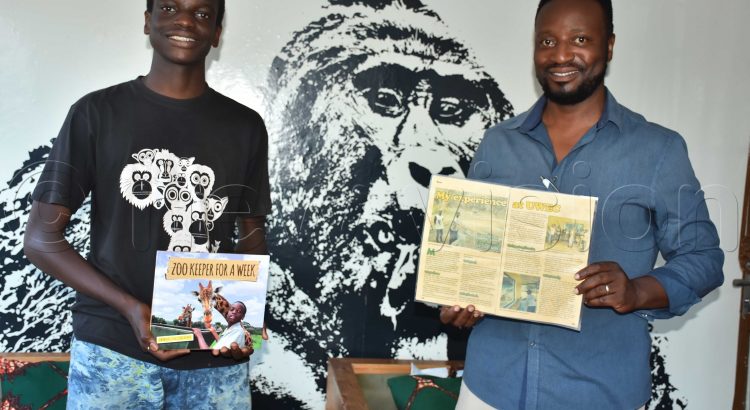
16-yr-old Ndhego debuts book documenting his UWEC experience
SOURCE: NEW VISION
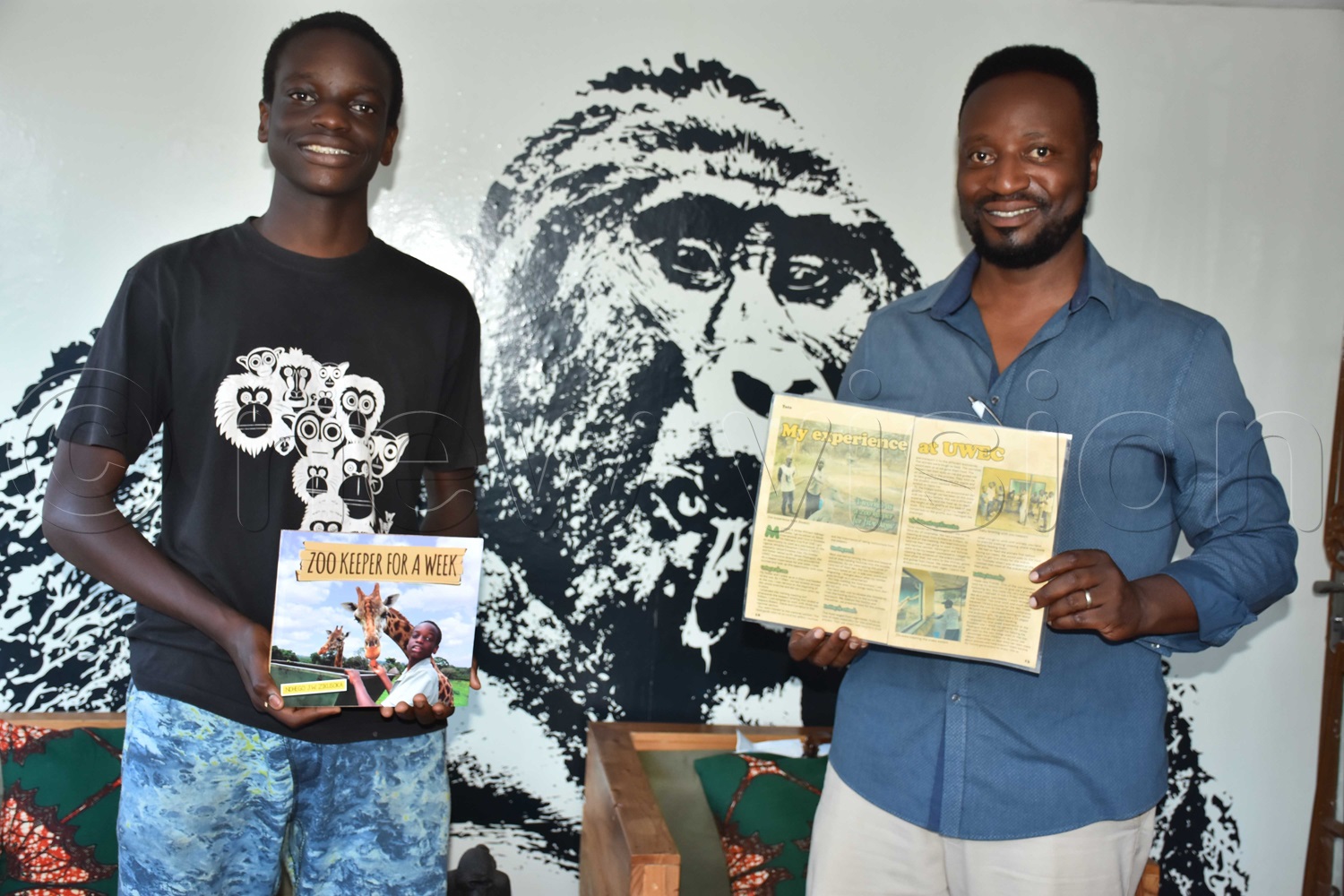
Starting a week with mixed feelings of enthusiasm and nervousness, James William Ndhego was not sure of what awaited him at the Uganda Wildlife Conservation Education Centre (UWEC).
The 16-year old took part in looking after wild animals at the wildlife centre commonly known as Entebbe Zoo, in February 2018.
It was a whole new unimaginable experience which he transcribes in his book titled, ‘Zoo Keeper for a Week’.
The book, which targets all age groups, will be launched on Friday, at Gorilla Cafe in Entebbe.
Whereas physical attendance has been limited to only 20 persons in observance of the COVID-19 standard operating procedures, all other participants will be following the events online.
The function is expected to be graced by the UWEC executive director Dr James Musinguzi and conservationist Dr Gladys Kalema Zikusoka who is also Ndhego’s mother.

Ndhego’s story was first told in 2018 through Vision Group’s Toto Magazine, which left many young readers thirsty for more.
‘It was from such a background among other aspirations that I came up with a comprehensive story detailing my experience while taking care of wild animals,’ says Ndhego.
The 32-page book describes in detail each of the animals and birds at the centre plus their respective characteristics.
Ndhego’s story, which is expected to be sold both in hard and soft copies, has already found its way on Amazon, the world’s largest online marketplace and other shops in Uganda.
In partnership with Vision Group, more details in Ndhego’s book will be shared in Toto Magazine after the Friday launch.
